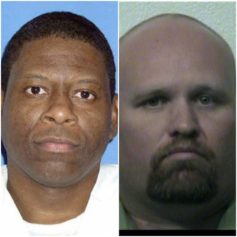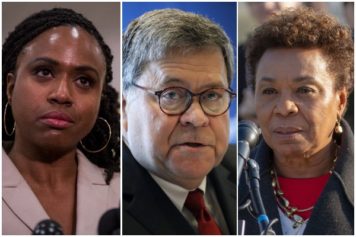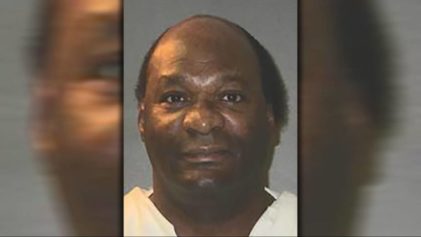Given a nudge by NCAA president Mark Emmert to respond to the Freeh report that vilified Penn State administrators, including deceased legendary coach Joe Paterno for covering up the wretched Jerry Sandusky child sex abuse scandal, Penn State’s president said it will do so in the coming days in an effort, undoubtedly, to spare its sacred football program from receiving the “death penalty.”
President Rodney Erickson said he doesn’t want to “jump to conclusions” about possible sanctions after the head of the NCAA declared the so-called death penalty has not been ruled out.
The NCAA is investigating whether Penn State lost “institutional control” over its athletic program and violated ethics rules. The probe had been on hold for eight months while former FBI director Louis Freeh conducted an investigation on behalf of the school’s board of trustees. Freeh’s 267-page report, released last week, asserted that Paterno and three top officials buried allegations against Sandusky, the retired defensive coordinator, more than a decade ago to protect the university’s image.
Sandusky was convicted last month of sexually abusing 10 boys over a 15-year period. He awaits sentencing and could receive more than 60 years.
Penn State, with the results of its own investigation in hand, can turn its attention to the NCAA, Erickson said.
“The NCAA has indicated that they’d like me to respond … as quickly as possible now that we have the Freeh report,” he said. “So we’ve already started the process of starting to compose that response. We’ll do so over the course of the next few days and get that response back as soon as possible, and we’ll then engage in discussions with the NCAA.”
In a PBS interview Monday night, Emmert said he’s “never seen anything as egregious as this in terms of just overall conduct and behavior inside a university.” He said he doesn’t want to take “anything off the table” if there’s a finding that Penn State violated NCAA rules.
The last time the NCAA shut down a football program was in the 1980s, when Southern Methodist University was forced to drop the sport because of extra benefits violations. After the NCAA suspended the SMU program for a year, the school decided not to play in 1988, either, as it tried to regroup.


